Over 1,500 public-sector employees were within the project’s scope. The occupational well-being services that they received were paid for with funds collected from investors. The services helped to improve work disability management in organisations and to slightly reduce sickness absences.
Four public-sector organisations and four companies producing occupational well-being services participated in the Promoting occupational well-being in the public sector (Occupational well-being SIB) project. The organisations took various measures to improve occupational well-being, including health and work ability surveys, management training and development of co-operation in the area of occupational health. Groups for activating and rehabilitating those at a risk of being incapable of working were also established.
Above all, the major benefits of the project included the improved competence of managers and more intense work disability management. Managers learned to address issues related to work ability.
The Social Impact Bond, SIB, is one form of impact investing. With an SIB, institutional and private investors fund services that promote well-being and assume the risks associated with the provision of these services. Projects are given precise, measurable targets that reflect the desired increase in well-being. The public sector only pays for results that are in line with the set targets.
FIM Impact Investing (formerly Epiqus Oy) served as the project administrator, Sitra as its executive vice president and the Finnish Institute of Occupational Health as its assessor.
Sickness absences not dropping as expected
The project’s target for a reduction in sickness absences – 2.1 days per organisation – was not achieved as expected, even though the organisations felt they received support for managing sickness absences.
“Sickness absences are a poor indicator for occupational well-being,” says Programme Manager Irmeli Pehkonen of the Finnish Institute of Occupational Health.
“So many aspects affect occupational well-being that it may take more than one indicator to measure it. The organisations participating in the project were also fairly different, some of them engaging in specialist work while others were concerned with medium to heavy physical labour. The number of sickness absences is typically higher among those engaged in physical labour compared to teachers, for instance. Nevertheless, the same quantitative goal applied to all.”
“Indeed, selecting this indicator was one of this project’s stumbling blocks. The indicator should be aligned with the objective. Proper familiarisation with the initial situation in the organisations should also be ensured,” says Pehkonen, who led the assessment process of the Occupational well-being SIB project.
Investors’ profits were low but a lot was learned
The idea of an SIB project is that investors are responsible for the financial risks related to the implementation. The public sector only pays if the project produces results in line with a commonly agreed indicator.
“The grounds for payment are impact rather than the number of services,” explains Project Director Mika Pyykkö of Sitra.
Had there been an annual 2.1-day reduction per person in sickness absences compared to the number of days of sickness absences within the 12 months prior to the project, the investors would have made a profit.
Nevertheless, in accordance with the SIB model, the investors had prepared for this outcome, and the project can be considered as a good experiment. The project was the first occupational well-being SIB in the world.
“Sitra and the other bodies involved in the SIB should learn from this project. Occupational well-being was a fairly difficult subject for the first SIB project,” Pyykkö admits.
The Finnish Institute of Occupational Health has used this assessment as a basis for preparing recommendations, which are included in the assessment report.
Ministry of Social Affairs and Health interested in the SIB model
Each year, the public sector uses several billion euros to solve different problems related to health and well-being. However, the impacts and effectiveness of these activities are assessed too infrequently.
“When the Occupational well-being SIB project was launched in 2015, we at the ministry also became interested in the opportunities offered by the new kind of a financing model,” explains Minna Liuttu of the Ministry of Social Affairs and Health.
“Nevertheless, we wanted to find out how the model works and implemented the assessment of the Occupational well-being SIB project together with the Finnish Institute of Occupational Health. The assessment provides a lot of opportunities for planning and implementing the next SIB projects.”
Central government and local authorities spend approximately 35 billion euros on procurements each year. SIBs allow the public sector to develop its procurement practices from purchasing deliverables to acquiring results and impacts, and improving the effectiveness of the use of billions in tax revenue.
The project started between 2015 and 2017 in four different public organisations of different sizes representing various administrative branches. The final phase will end in May 2020. For three years, each organisation was provided with services implemented by four different service providers, all of them aiming to develop occupational well-being and reduce sickness absences in various ways. The service providers offered the organisations a ready-made service selection with resource planning carried out separately for each organisation.
With Sitra’s assistance, several impact investing SIB (Social Impact Bond) theme funds have emerged and are currently being constructed in Finland. Promoting occupational well-being in the public sector (Occupational well-being SIB) is the first of these projects and the first SIB project in the world aiming to improve occupational well-being.
For further information:
Irmeli Pehkonen, Programme Manager, Finnish Institute of Occupational Health,
tel. +358 40 708 3784, irmeli.pehkonen@ttl.fi
Mika Pyykkö, Project Director, Sitra,
tel. +358 294 618 259, mika.pyykko@sitra.fi
Minna Liuttu, Financial Counsellor, Ministry of Social Affairs and Health,
tel. +358 295163582, minna.liuttu@stm.fi
Jani Kempas, FIM Impact Investing
tel. +358 (0)9 6134 6494, jani.kempas@fim.com
Read more!
Assessment report:
Työkykyjohtamisen monitoimijaista kehittämistä
– Työhyvinvointi-SIB -hankkeen arviointi (in Finnish)
Pehkonen Irmeli, Horppu Ritva, Turunen Jarno, Ojajärvi Anneli, Toivio Pauliina, Juvonen-Posti Pirjo
Finnish Institute of Occupational Health 2019
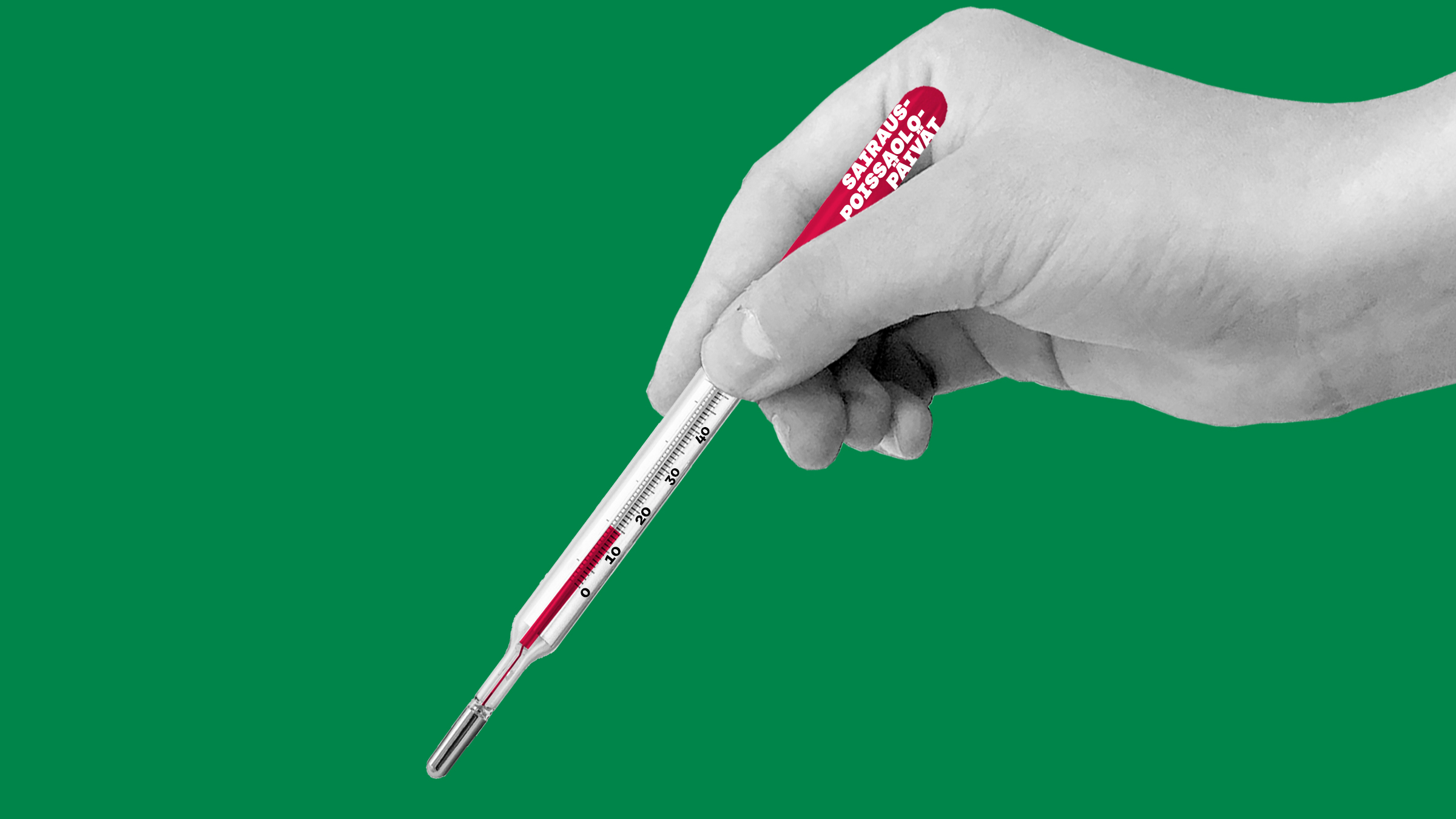
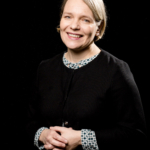

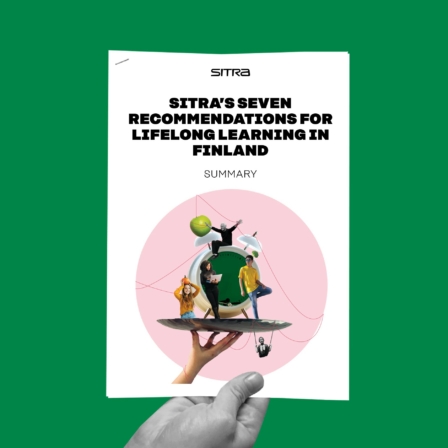


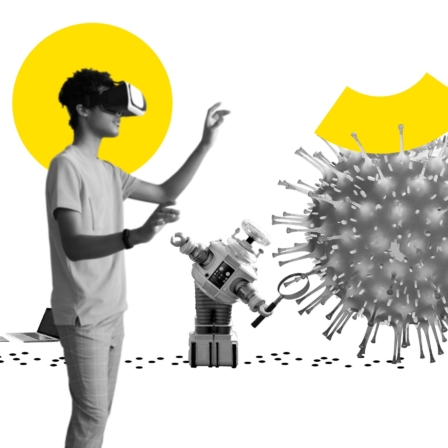


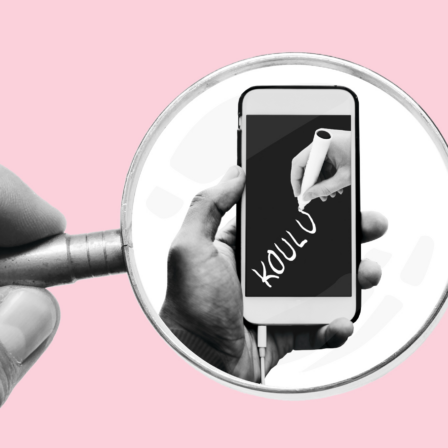



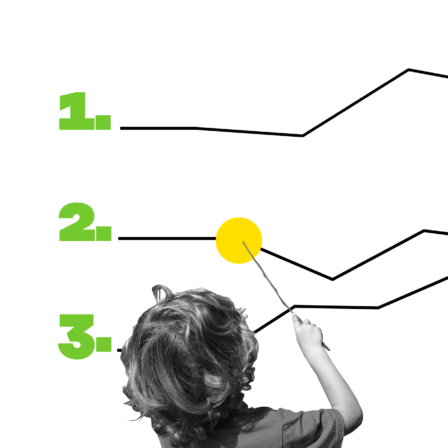


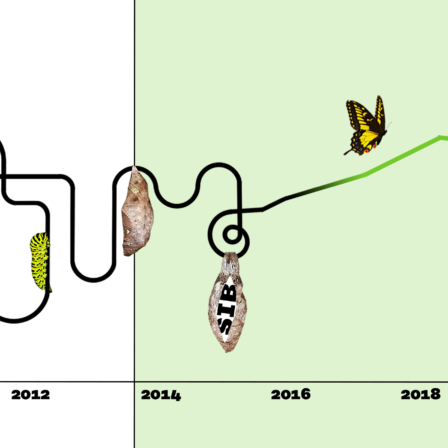

Recommended
Have some more.